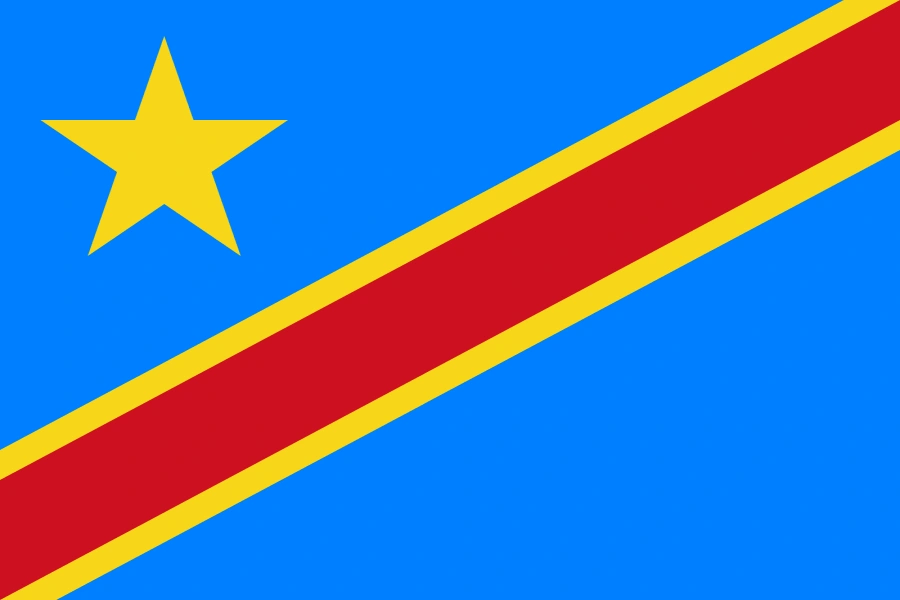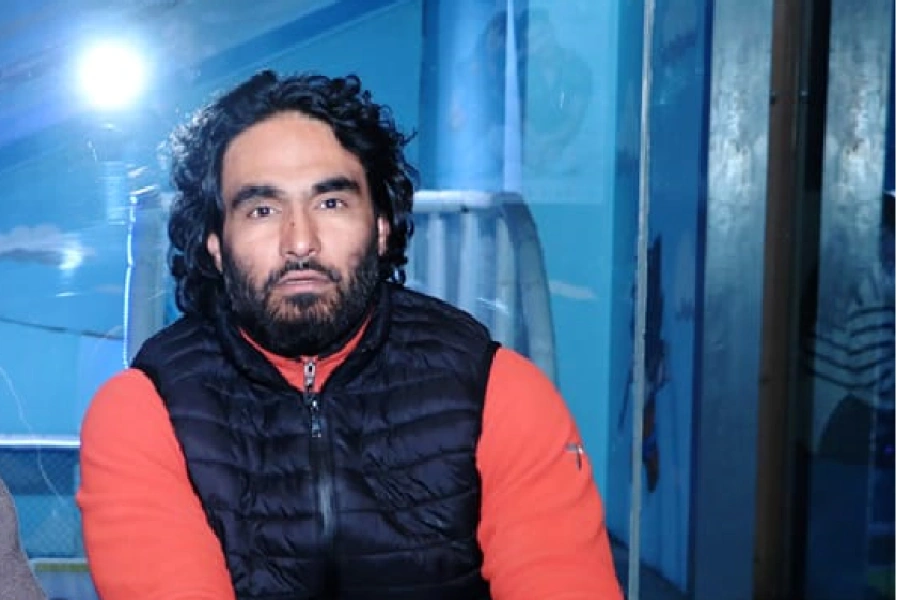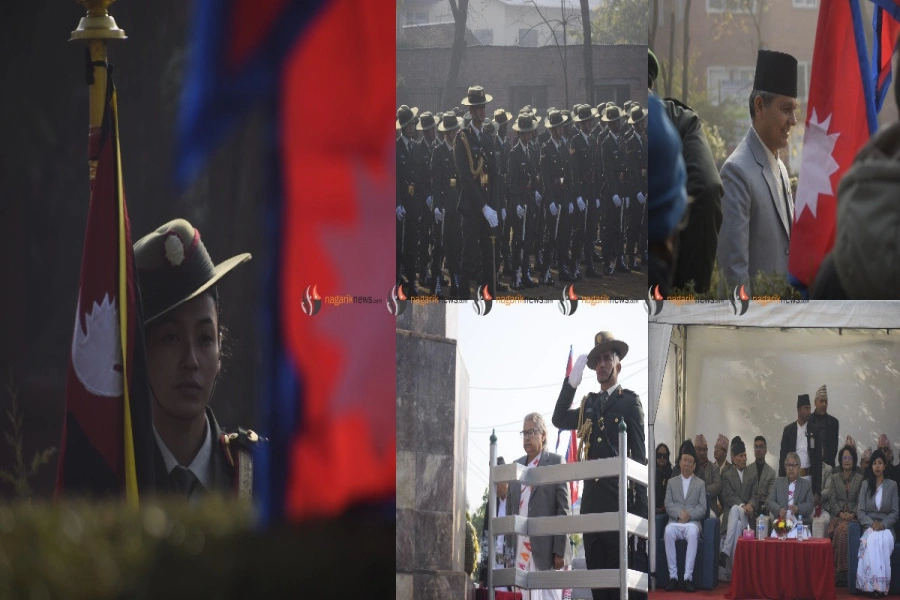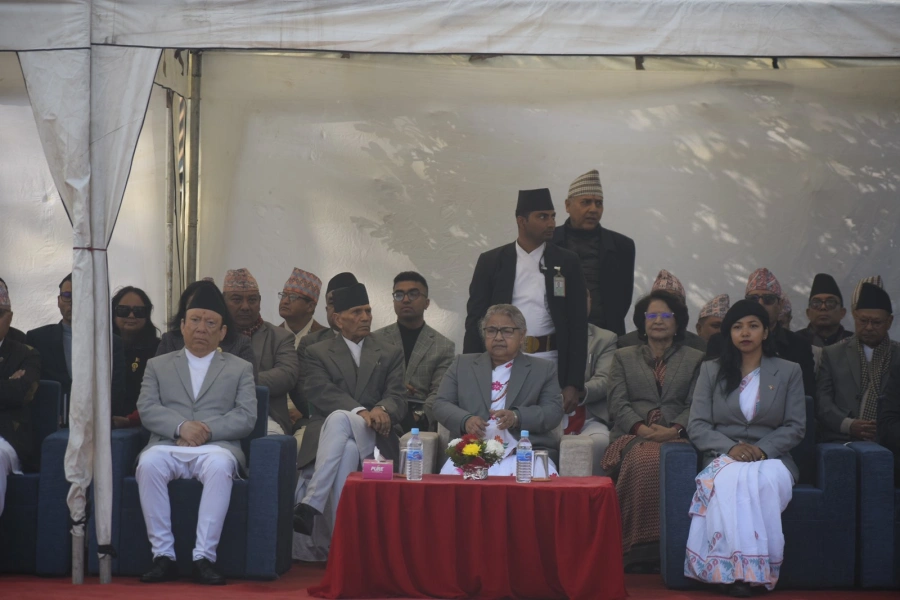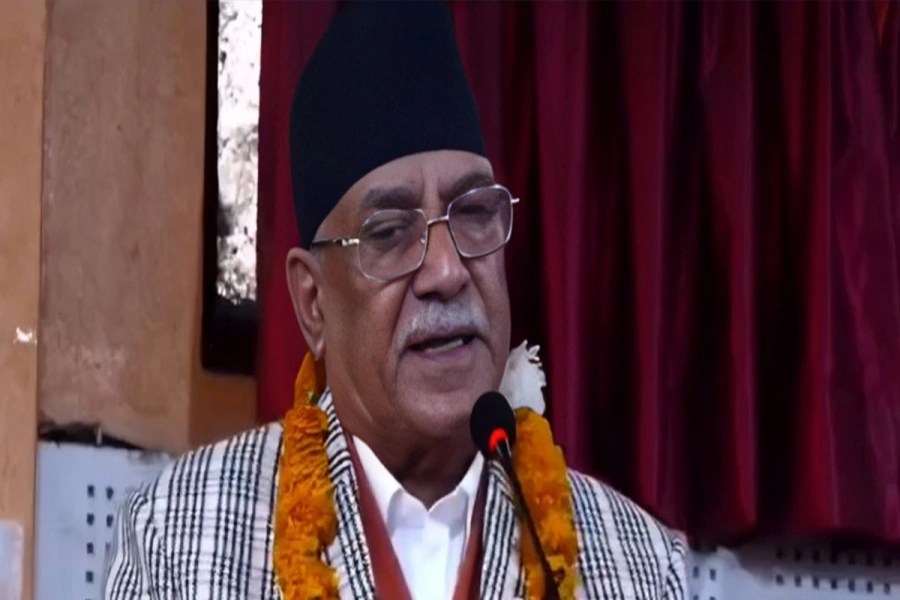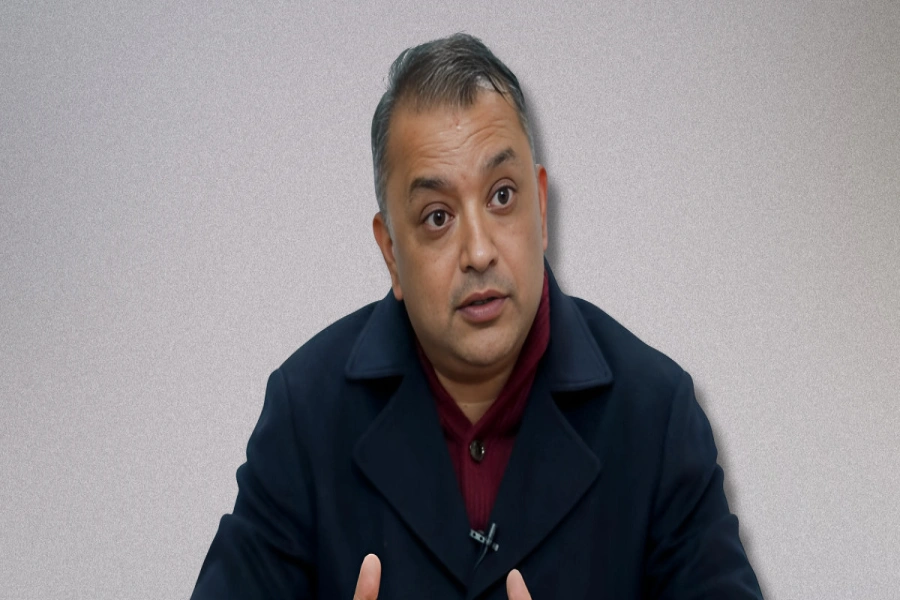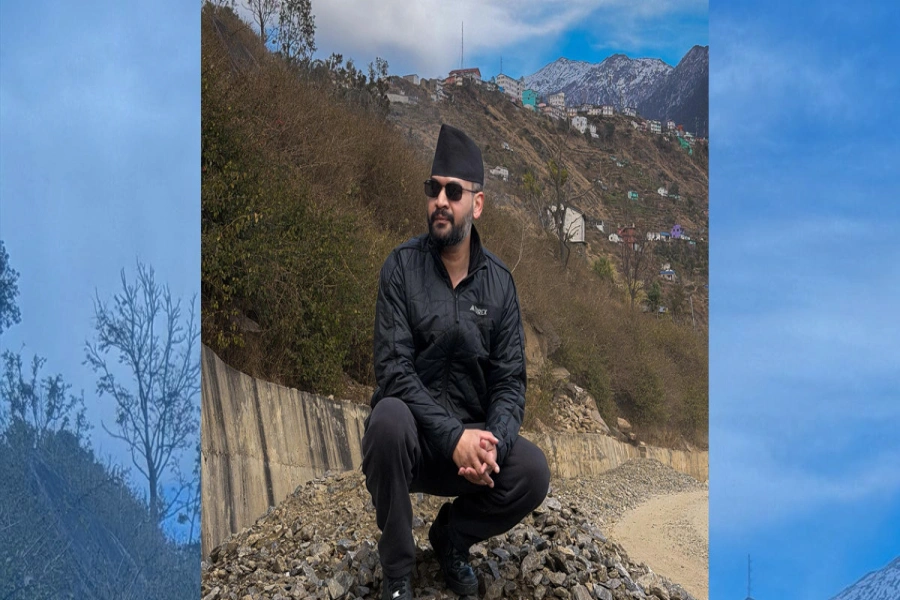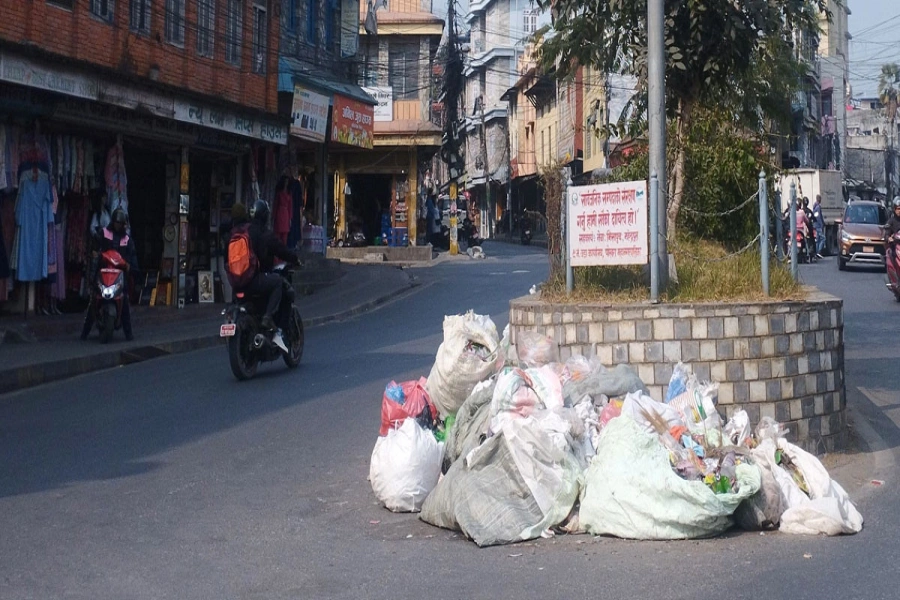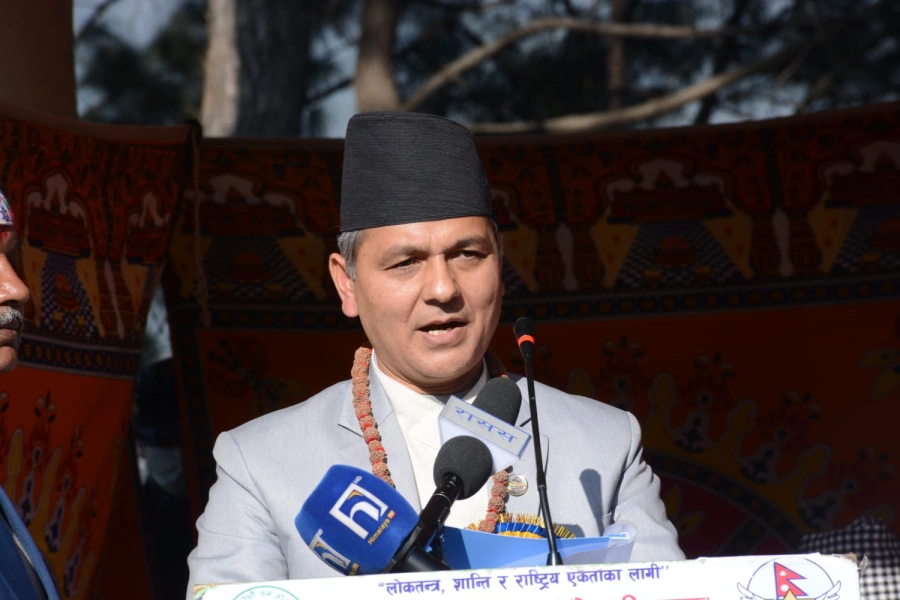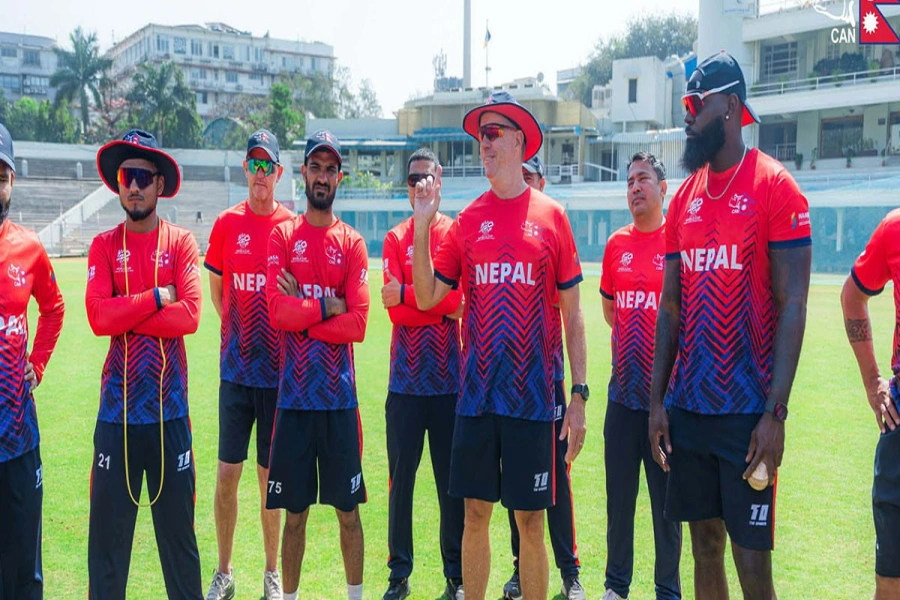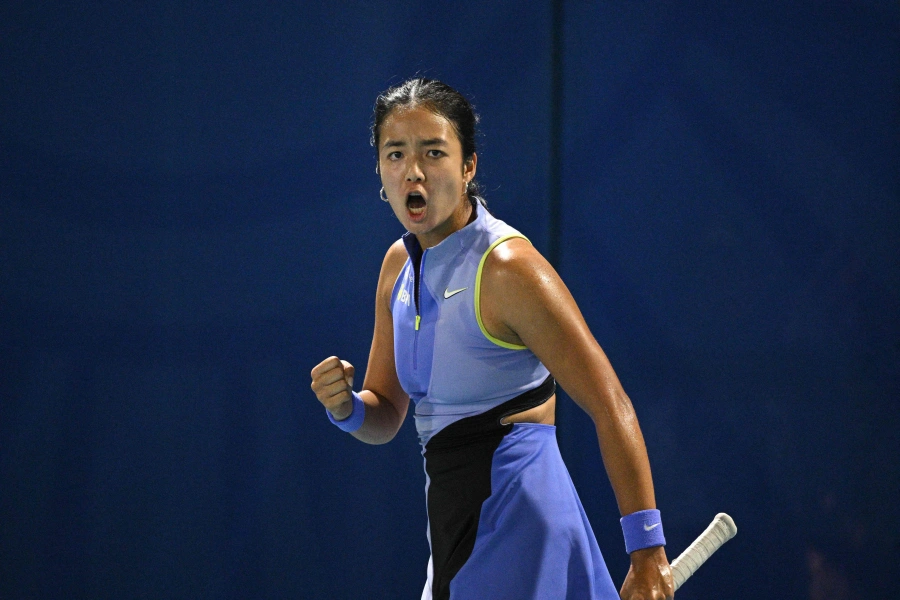Doctors assert cancer can be cured if identified in early stage
KATHMANDU, Feb 4: World Cancer Day, which is observed on February 4 every year, is being marked today. Doctors assert that there is no need to fear cancer, as it can be completely cured if identified in the early stages. It has been seen that timely detection of cancer makes its treatment possible.
Spokesperson of the Ministry of Health and Population, Dr Prakash Budhathoki, emphasized that regular health checks can help detect cancer in its early stages, and effective treatment can prevent its progression.
Senior cancer specialist at Patan Academy of Health Sciences, Dr Arun Shahi, stated that with timely treatment, any stage of cancer can be cured.
“Many cancer patients give up all hope, thinking that their life is over. But that’s not the case. One should not be afraid or panic when diagnosed with cancer,” he said. “The fear is often fueled by the overhyped negative portrayal of cancer in society. It is a chronic disease, like thyroid issues, high blood pressure, or diabetes. If cancer is diagnosed early, it can be completely cured.”
Director of Bhaktapur Cancer Hospital, Dr Ujjwal Chaalise, mentioned that while treating the third and fourth stages of cancer is difficult, the first and second stages can be completely cured. He explained that if cancer is identified in its first stage, it may show no symptoms, which makes treatment possible.
Blood Cancer Society Nepal conducts charity event for blood can...

“Most patients in the first and second stages of cancer have successful treatments and recover,” he said. “However, patients who undergo treatment in the third and fourth stages are at risk of the disease recurring. Such patients will continue to face some risks.”
Four stages of Cancer
According to Dr Shahi, cancer has four stages (stages). Stages zero to three can be completely cured, while stage four cancer can only be controlled. If cancer spreads from one part of the body to another, it becomes dangerous. He emphasized that cancer is treatable until it spreads.
Dr Shahi described the stages of cancer as follows: if cancer is confined to a small area in the lungs, it is stage zero; if it spreads slightly, it is stage one; if it spreads more in the lungs, it is stage two; if it spreads to the armpits and nearby lymph nodes, it is stage three; and if it spreads to other organs like the liver or stomach, it becomes stage four.
Affordable treatment in Nepal
Dr Chaalise stated that 95 percent of cancer patients in Nepal receive treatment. He noted that cancer treatment in Nepal is comparatively affordable, and treatment at government hospitals can reduce the financial burden on patients.
He mentioned that cancer surgery in government hospitals costs between Rs 40,000 and 50,000, while the same treatment in private hospitals could cost up to Rs 500,000. “The service fees at government hospitals are very low. Additionally, the government provides up to Rs 100,000 for cancer patients' treatment,” he said.
Causes of Cancer
Senior cancer specialist Dr Shahi pointed out that the main causes of cancer include excessive use of tobacco and alcohol, poor diet, lifestyle, lack of exercise, radiation exposure, infections, and genetics.
“We tend to consume more fast food, junk food, smoked food, and expired food, while avoiding healthy options like rice, lentils, vegetables, and pickles. This increases the risk of cancer,” he said. He emphasized that improving diet, lifestyle, exercise, and eliminating smoking, drinking, and obesity could help reduce the risk of cancer.
Dr Chaalise explained that the process of cell birth, growth, and death in the body is controlled by genes. If there is a malfunction in the genes, cells grow uncontrollably, leading to cancer. The main causes of genetic mutations include tobacco use, alcohol consumption, and exposure to harmful substances. He noted that around 100,000 cancer patients receive treatment at his hospital each year, and about 500 patients visit daily, with 40 to 50 patients receiving chemotherapy and 150 patients receiving radiation therapy each day. If not treated in time, cancer patients may face life-threatening risks.
World Cancer Day Celebrations with the Theme ‘United by Unique’
According to the World Health Organization, about one-third of cancer-related deaths worldwide are caused by tobacco use, alcohol consumption, poor diet, and lack of regular exercise. The remaining cancer-related deaths are attributed to radiation exposure, environmental pollution, and other infections.
In developing countries, around 30 percent of cancer cases are caused by hepatitis and human papillomavirus infections. Dr Budhathoki from the Health Ministry stated that over 20,000 new cancer patients are diagnosed in Nepal each year.
According to statistics from 2020, there were 16,629 cancer-related deaths in Nepal. Dr Budhathoki shared that the most common cancers in Nepal are lung cancer, cervical cancer, breast cancer, stomach cancer, and colorectal cancer. In men, lung, stomach, colorectal, oral, and thyroid cancers are most common, while in women, cervical, breast, lung, gallbladder, and ovarian cancers are prevalent.
Government programs for cancer prevention
Dr Budhathoki said that the government has launched various awareness programs on cancer and is providing targeted support to cancer patients.
The government has allocated up to Rs 100,000 for cancer treatment through the fund for medical treatment of deprived citizens, and provincial governments are also offering an additional Rs 100,000 in treatment assistance.
Nepal has joined the "Global Platform for Access to Childhood Cancer Medicines" and has arranged to provide 35 types of cancer medicines free of charge for the next four years.




